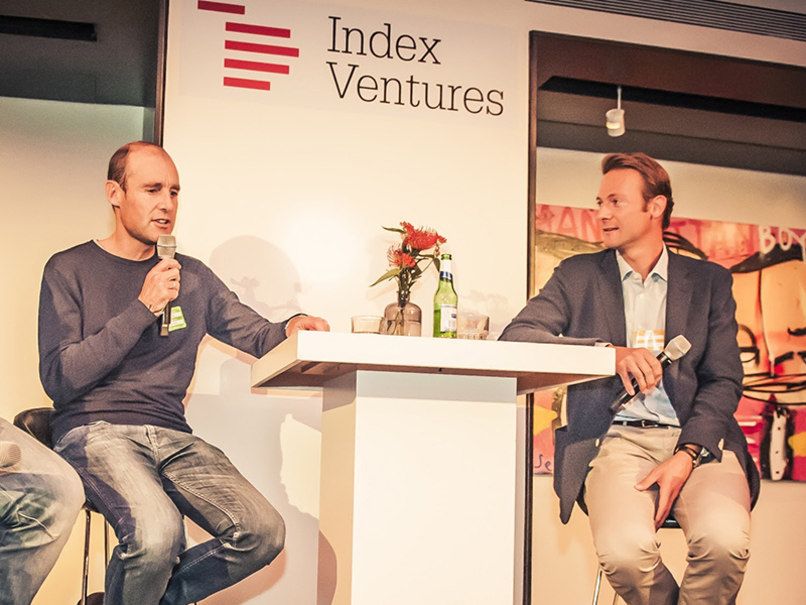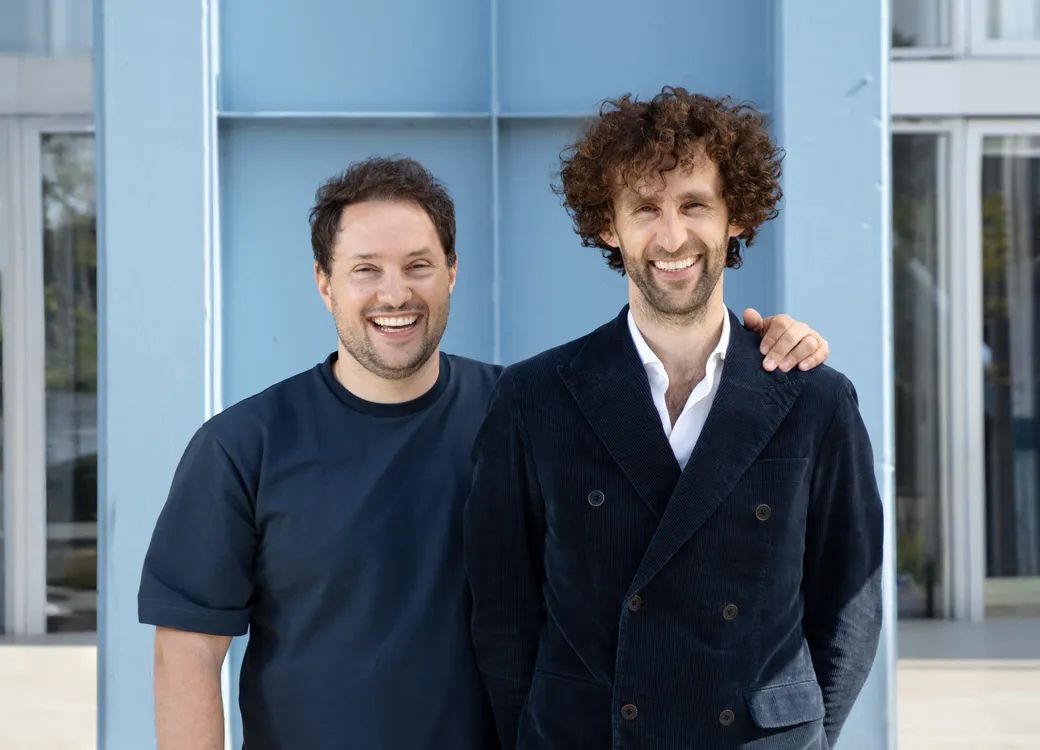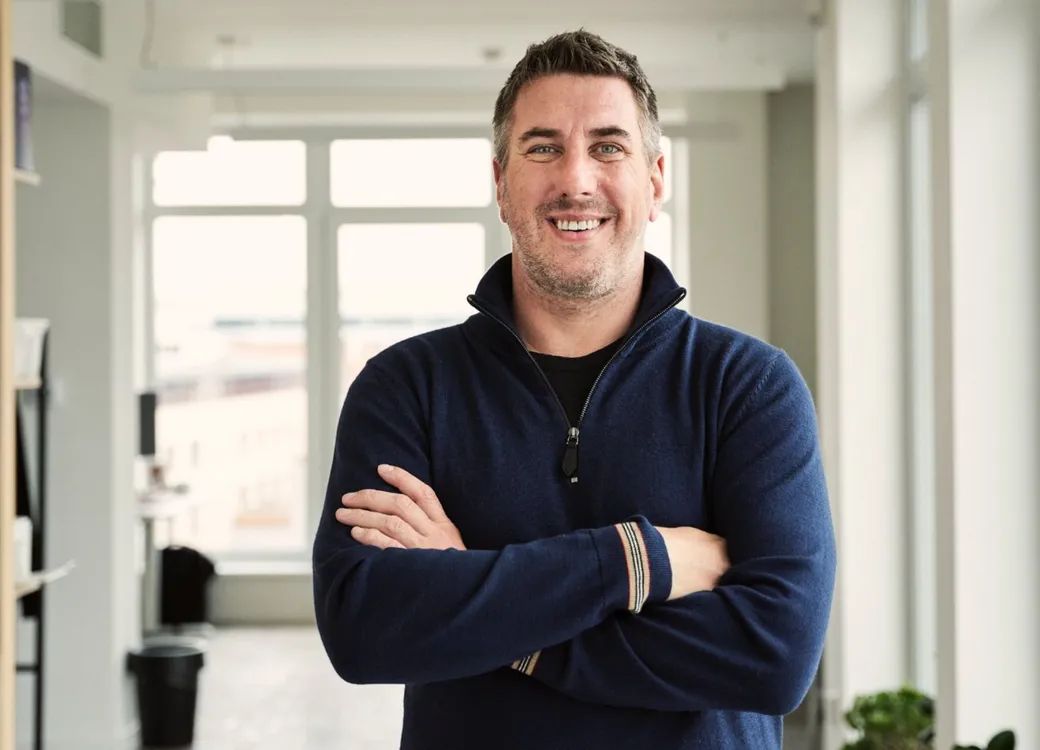
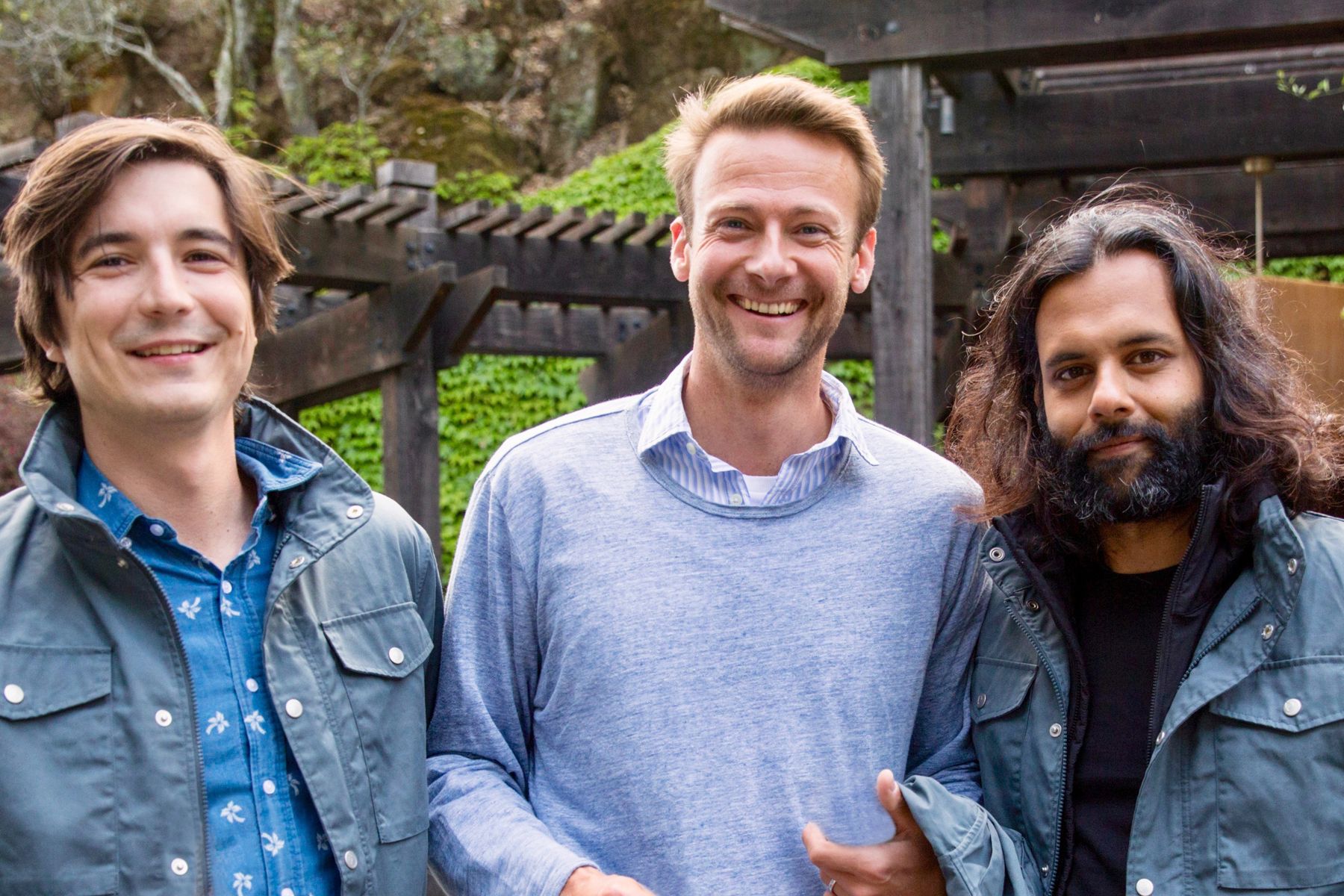
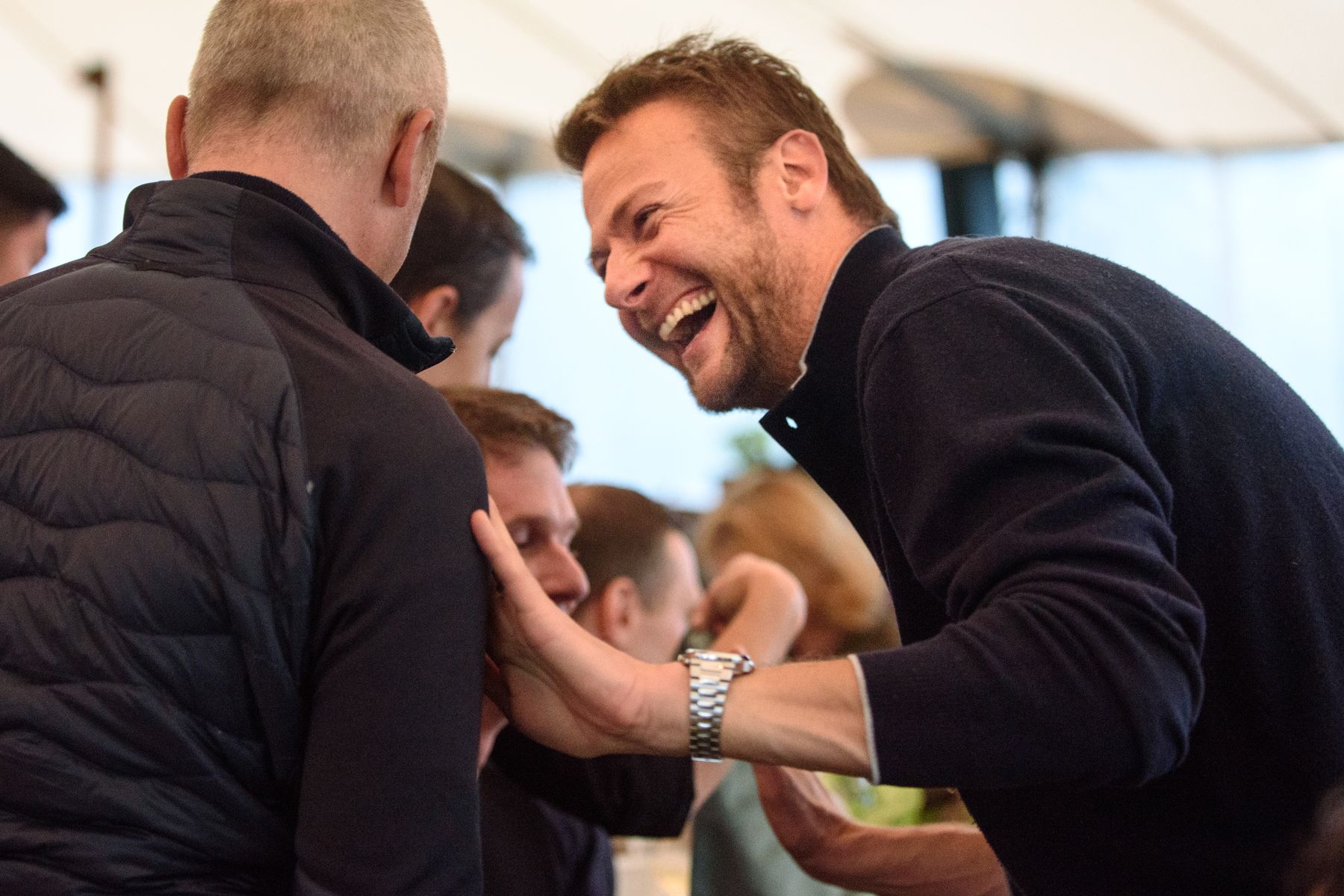
75 investors shut the doors in our face when we were raising our first round. Not Jan. He believed in us from the very start.Baiju Bhatt & Vlad Tenev,
Robinhood Co-founders
With a focus on data and financial services, Jan has a track-record of spotting young companies that will go on to reshape the workings of the digital economy at its very deepest level. Jan was an early-stage investor in Adyen, which IPO'd in 2018 and in Robinhood and Wise which both floated in 2021. Other companies in his portfolio include Alan, Collibra, Capitolis, and SafetyCulture.
Jan joined Index in 2010, after working as an investor at General Atlantic and an investment banker at Morgan Stanley. His career in finance offered him insight into the extraordinary opportunities available to founders who are audacious and determined enough to rebuild the structures that govern fundamental flows of data and information. His approach as an investor is characterised by his desire to build long-lasting personal relationships and a deep conviction in his founders and their visions.
Jan holds an MBA with Distinction from INSEAD, and is a graduate of Oxford University. Beyond venture, Jan works with the TATE in London to develop its Central and Eastern European art collection.
Why is fintech an exciting industry for investment?
Jan — Financial services underpin every sector of the economy. That means entrepreneurs in this category can have an outsize impact compared to other areas of investment. That's reflected in the size of the market and its leading companies. Six banks have a market cap above $300B. The #50 bank by market cap is valued over $50B. Opportunity is limitless, but it’s a difficult industry for startups to attack, requiring a combination financial service skills and tech innovation acumen. Fintech companies have many building blocks to assemble: regulatory, compliance, ops, customer acquisition, and ultimately consumer trust. Finance is a complex, challenging sector that has taken a long time to disrupt, but when startups get it right, the impact they can have is far reaching.
Are the dynamics the same between founders in Europe, Australia, and the US?
Jan — Culture and business practices differ locally, but what makes a great company succeed transcends location. Founders relentless pursue complex, elegant solutions to problems, they have strong, defensible business models, and their companies are built to last. That’s the beauty of Index as a global firm. Our vantage point extends across continents, and I pick the winners in a particular market regardless of geography. My furthest CEO lives in Sydney. My closest lives on my block in London. But my relationship with each are equally close, and I’m equally supportive of their businesses.
What is the one piece of advice you’d give to a founder looking to start a company?
Jan — Start very narrow and solve an important problem in an industry that allows you to solve that problem a million times. Founders need to find one burning problem that is specific and well-defined, solve it perfectly, and obsess over customer satisfaction. When you have done that, and demonstrated that you can sell that one product at scale for many customers, then you can go and grab adjacent markets. Some companies I work with that have done that well are Adyen, which was started to take credit cards over the internet, and Robinhood, which is a beautiful, simple app to trade stocks for free. They started small and then the vision expanded to address all of consumer finance needs.
Perspectives
Candid with Index: In Conversation with Robinhood's Vlad Tenev
In The News

